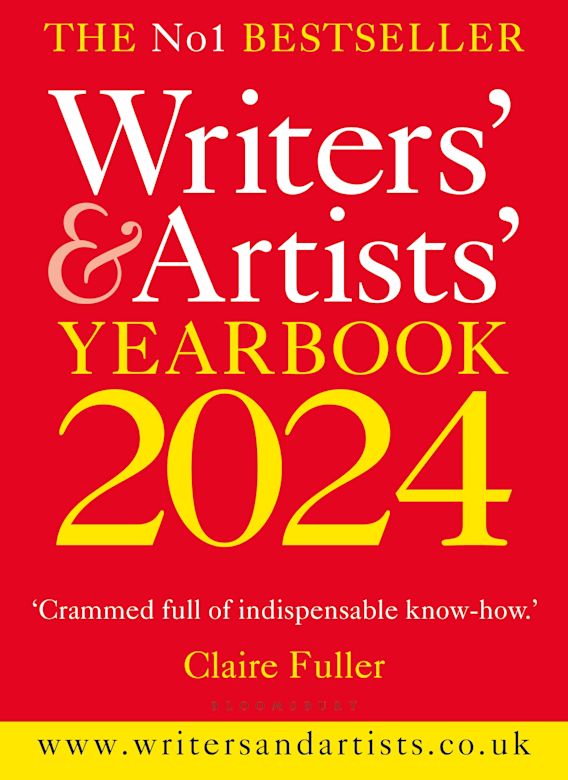In this new extract from the Writers’ & Artists’ Yearbook 2024, Aaron Kent urges writers to build and engage in a supportive, collaborative, nurturing community in which to grow creatively.

I was 16 when I first wrote a poem. I was 27 before I wrote a poem I liked. Between 16 and 24 I didn’t really read any poetry; I was raised in the second most deprived area of Northern Europe, Redruth in Cornwall, and my English teacher was just happy if a dozen or so students actually did any work in class – so there was no inspirational ‘Dead Poets Society’ education. My parents didn’t have an education beyond secondary school, and education wasn’t an aspirational thing, it was just a chore to complete as part of the journey to adulthood. So, when I dropped out of my A levels and worked full-time as a barista maestro, I had no literary platform to work from, and no real desire to engage with one. But I continued to write, and write poorly, because I had no community; there was nobody whose work I read, and therefore I felt no ambition to improve, as I now do when reading poetry by Stuart McPherson. There was nobody pushing me beyond my boundaries and encouraging me to grow artistically, the way Azad Ashim Sharma now does … nobody, like Andre Bagoo, Martha Sprackland, Andrew McMillan, whose encouragement helped me to believe in myself. And so, writing by myself, with no readers, no ambition, no drive, I stagnated into work that existed as just another chore.
If you’re writing because you’re purely interested in the response – whether that’s a review, publication or money – then the act of creation becomes no more than a task designed to achieve something else. The fundamental part of art, for me at least, is to enjoy the creating of art – to get a boost from putting ink to paper or fingers to a keyboard or paint to a canvas. If creating something has lifted your morale and made you proud, or happy, or understand yourself at a deeper level, then the work is a success, regardless of how it is received later.
Through Broken Sleep Books we get over 6,000 submissions a year, so I read a lot of cover letters and bios, and I see a noticeable difference between somebody who has sent their work to every possible magazine and journal hoping for publication, and somebody who has a clear idea of the type of journal they want to be published by. For many people, there’s a perception that collecting acceptances is more valuable than it actually is. The key, instead, is to ensure proper research with regards to submissions, to find places that fit with your work and who publish writers and writing you want to be positioned alongside. This is all part of that community I’ve spoken of – remember, it’s harder to feel a part of anything if you're trying to be a part of everything. Art that situates itself with intention and care is more likely to benefit from the work it resides with than art that exists purely to attain a name to put in a covering letter.
Aaron Kent is a poet and publisher from Cornwall, now living in Wales. He runs the poetry press Broken Sleep Books and his debut poetry collection, Angels the Size of Houses, was published by Shearsman Books in 2021. Aaron has had work published in Poetry London, Poetry Wales, The Rialto, Prototype, The North, The Scores, Wild Court, Blackbox Manifold, Butchers Dog, BAX (2020) and Prelude, among others. He has recently finished his first novel. Aaron was awarded the Awen Medal in 2020. Follow him on Twitter @GodzillaKent and @brokensleep.
Comments